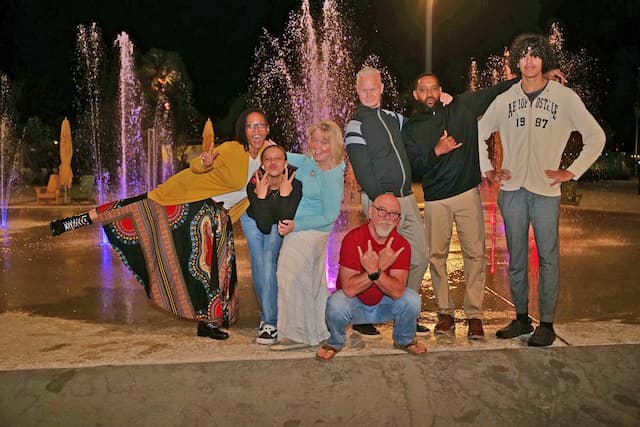3rd Sunday in Ordinary Time: The Audacity of Good News

Everyday, we are bombarded with bad news. From the enormous suffering and gloom brought about by the pandemic to corruption in government to scandals in the church to natural and human-made calamities to marriage breakdowns and domestic violence, all these bad news seemed to diminish our hopes that things will get better than will it get worse.
Behind these bad news, however, there are good news that do not surrender to the despair brought about by the bad news. Most of these good news represent the utter goodwill and generosity of hearts of many people–the many frontliners who have generously given their time even their lives to caring for the sick and dying of covid-19, the anonymous people who help victims of calamities, and those who continue to take the side of the poor, oppressed and powerless even at the risk of their own lives.
Every good news is meant to inspire and prod us to never give up despite the many almost insurmountable challenges we face each day. It is in the same spirit that we listen to the proclamation of the gospel in every Eucharist we attend. The word gospel itself is derived from the Anglo-Saxon term god-spell, meaning “good story,” a rendering of the Latin evangelium and the Greek euangelion, meaning “good news” or “good telling.”
In the readings for today’s 3rd Sunday in Ordinary Time, we hear of the audacity of good news amidst the bad news that has engulfed the chosen people of God in biblical times.
In the First Reading, we hear of the repentance of the people of Nineveh despite being a pagan city. Despite that Jonah, the prophet sent by God, secretly did not want the pagan city, Nineveh, to convert and be saved because this city was an enemy of the Hebrews. Better for it to perish in flames than to repent in ashes and sackcloth.
In the gospel, Jesus began his ministry of the proclamation of the good news at the same time that John the Baptist was arrested by Herod. The arrest of John may have been a very bad news for many people. John the Baptist represents hope in the midst of the oppressive occupation of Israel by the Romans. John the Baptist proclaimed the coming of the messiah which would bring back their glory days under God’s rule.
The Gospel goes on to give us a summary of Jesus’ message: ‘Repent, the Kingdom of Heaven is close at hand’. Repent’ for Jesus means something far more than simple sorrow for sins. The Greek word used, metanoia, literally means a ‘change of mind’ – a change not just in an intellectual sense but involving a transformation of attitude at a deep personal level. This means looking at one’s life and one’s hopes for the future in a totally new way, open and receptive to the – usually surprising – action of God. The Kingdom of God meant this kind of radical change of heart.
It is good to note the kinds of people Jesus chose for Apostles: from the fishermen brothers Simon and Andrew to Matthew and John, they were all flawed yet graced. Leaving their family and their livelihood, they are to become his intimate companions and followers. Life with him, and association with his ministry of healing and proclaiming the Good News, will transform them from being fishers of fish to being fishers, ‘catching’ people for the Kingdom.
The inauguration of the public ministry of Jesus is an ongoing story. We are all called to participate in the inauguration of the Kingdom by Jesus by becoming the Good News, through witnessing the values of God’s kingdom in the midst of the darkness and misery of the world today, and through drawing others constantly (those who ‘live in the darkness and shadow of death’) into the freedom and light that Jesus has brought into the world.
I am passionate about the intersection between new media and technology. I continue to research and apply new media in theology and vice-versa. I am also a fan of Our Mother of Perpetual Help and her continuing relevance in today's digital world.
View all posts by Baclaran Phenomenon





